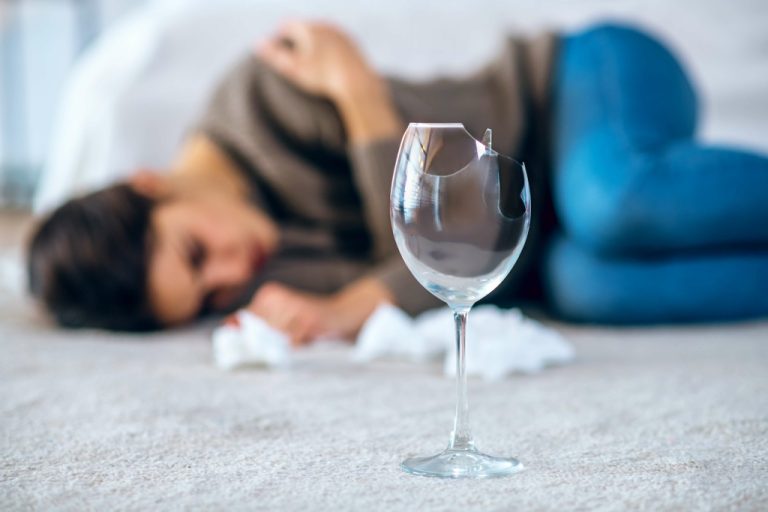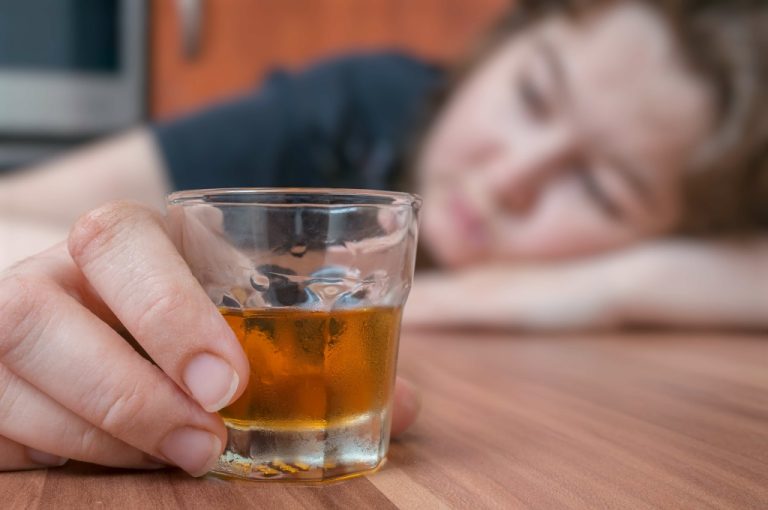With over three decades in legal and leadership roles, Jeff Van Treese’s work as President of the Michigan Association of Recovery Residences and his involvement in state committees significantly contribute to the recovery community. His personal experience with recovery residence support adds a deeply personal touch to his professional endeavors, advocating for the reduction of stigma and the integration of recovery residences within communities. All MARR-certified recovery residences are required to post the contact information of the MARR Grievance Facilitator to address any grievances a resident may have. The Grievance Facilitator is a trained, independent volunteer who serves as a mediator between a grievance and the residence operator or manager. A Recovery Residence is not a clinical placement but is rather a voluntary choice that provides a physically and emotionally safe, secure, and supportive environment.
Substance Use Treatment Programs: Recovery Residence Registry
By aligning Stepping Stone’s sober living program with the 12 Steps, we not only access the therapeutic value of the Steps, but also establish a support system for the clients. Stepping Stones of Atlanta Recovery Residence believes that each client has value as a person, capable of self-determination and is therefore due respect and honesty. Oxford House is a 47-year old model for democratically self-governing, financially self-supporting recovery residences for individuals with substance use disorders. They are gender-specific homes with no time limit on residency which allows for the development of long-term sobriety. They operate in compliance with the requirements of the Oxford House Charter and System of Operations found in the Oxford House Manual.

What to Look for in a Recovery Residence
- In a recovery residence, individuals are encouraged to continue therapy and attend support group meetings, while also being held accountable for their actions.
- These peers often provide valuable guidance on navigating healthcare access, employment opportunities, legal challenges, and social services.
- Established to set and maintain high standards for recovery residences, NARR’s goals include ensuring that individuals in recovery have access to safe and recovery-focused living environments that support their journey towards long-term recovery.
- Residents work, volunteer, or go to school while also balancing recovery-oriented activities.
Recovery residences offer recovery residence a secure, substance-free environment that encourages a life of sobriety. Many recovery residences also offer aftercare programs that help individuals maintain sobriety after leaving the home. Aftercare can include continued therapy, alumni support groups, or check-ins with house staff.

Let Our Experience Build You Up
- When considering a recovery residence, it’s essential to look for factors such as accreditation and licensing, staff qualifications, program structure, house rules and expectations, cost and insurance coverage, and location and amenities.
- Sober living houses often connect residents with essential resources, including counseling, job placement services, and educational programs, facilitating a smoother reintegration into society.
- Residents can be linked to community recovery supports, employment, education, and treatment.
- Her work aims to bridge mental health disparities, focusing on recovery capital and combating recovery-related discrimination.
- In most recovery residences, residents are required to take on household chores to help maintain a clean and orderly environment.
The program is designed to help people experiencing homelessness who also have an opioid use disorder find safe and stable housing in a recovery residence. More information can be alcoholism found at the Department of Administration’s Recovery Voucher Grant Program website. Recovery from addiction is a complex and multifaceted journey, one that extends far beyond the confines of clinical treatment. It demands a nurturing and supportive environment that fosters healing, growth, and sustained sobriety.

